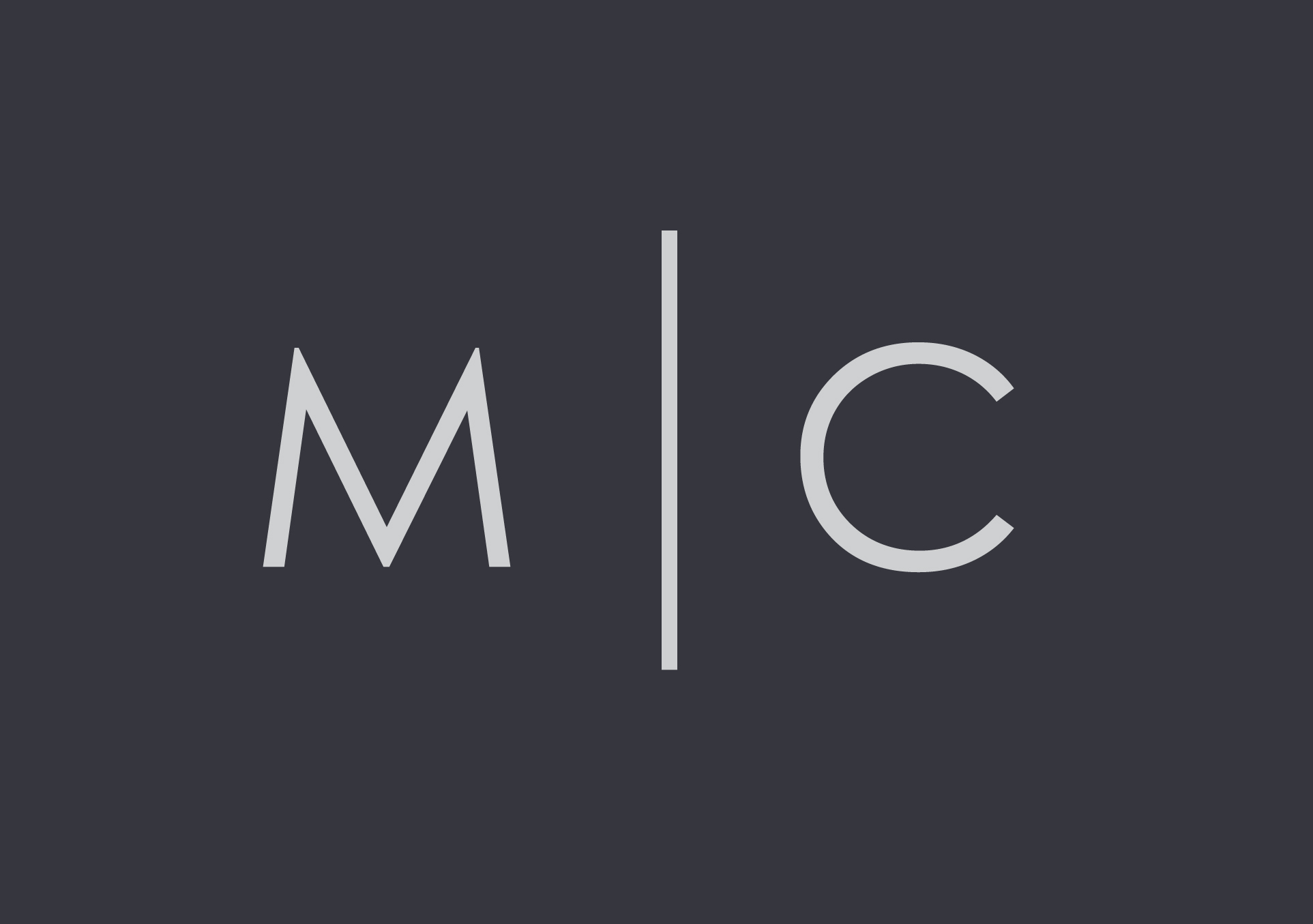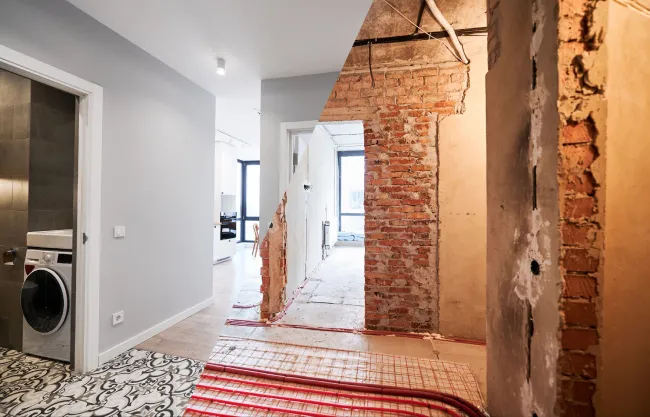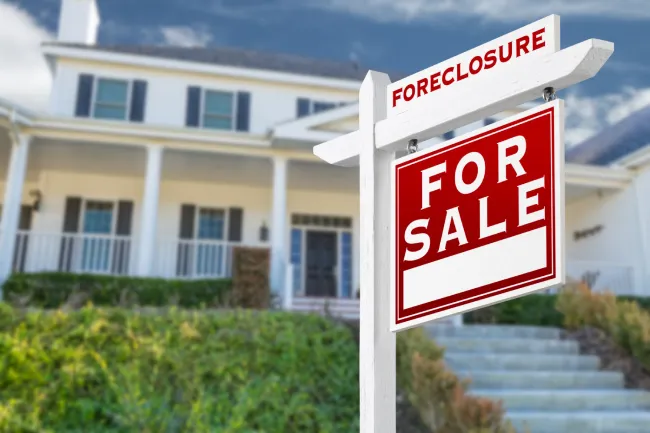While traditional loans are suitable for some types of investment properties, alternative financing options are necessary for others. Hard money loans stand apart with their flexibility, requirements, loan terms and interest rates. Given their notable benefits in many situations, you need more details about hard money rates and other key aspects of hard money loans before proceeding with your loan request.
How Do Hard Money Loans Work?
A traditional mortgage has a long term length between 15 and 25 or 30 years. Hard money loans are short term loans that act as a bridge for the applicant. This bridge loan fills the gap between the quick purchase and the establishment of a long-term loan. This is because hard money loans close much more quickly than traditional loans and are preferred when a fast closing is required. A hard money loan may also act as a bridge between the purchase of the property and its quick sale after planned improvements are made. These short-term loans are commonly used for fix and flip projects. In some instances, the lender may provide a portion of the funds necessary for the renovations.
Why Are Hard Money Loan Interest Rates Higher?
You can expect higher hard money lender rates than traditional loan interest rates, but why is this? One reason for the higher interest rates is because hard money loans typically come from a private source, so they comply with different regulations. In addition, these loans are commonly used for real estate projects that are riskier for the lender to make. The higher interest rate represents and compensates the lender for this risk. In addition, the real estate projects that take advantage of hard money loans typically need a fast closing and higher leverage options. The flexibility of bridge loans in this sense make it more attractive to investors and therefore willing to accept a higher rate. Often, a fast closing is necessary to secure a lucrative investment opportunity. While the interest rates for hard money loans are higher, the overall benefit to the borrower can be substantial.
What Are Hard Money Loan Rates in 2024?
Hard money loans are associated with a high interest rate, but how high are they in 2024? The specific interest rate that you receive will be based on numerous factors, including the origination fees, the balloon payment, the property and the applicant’s qualifications. Traditional lenders often have a set margin tied to an adjustable index. Hard money lenders do not have these restrictions and base their pricing on these factors as well as their exposure to risk. With these factors in mind, there is a broad range for hard money interest rates. For 2024, you can expect a rate between 9.5% and 11.99%. The typical origination fees and points for hard money loans are between 1.5% to 3%. Additional closing costs apply as well.
What Are Typical Hard Money Loan Terms?
Hard money loans are recognized for their flexibility, but each of the private money lenders has an individual threshold for their exposure to risk and offers varying loan terms as a result. These loans often have a balloon payment due at the end of the loan. This allows you to have more affordable monthly payments, creating more cash flow for your investment. In some cases, the lender may agree to interest only payments or arrange an interest reserve for the term of the loan and collect the full balance plus remaining interest when the loan is paid off.
Private money lenders want to see that the borrower has skin in the game, and this is through a sizable down payment. The down payment represents the financial risk that the borrower is taking. If the lender is placing its assets at risk, it expects the applicant to do the same. The specific down payment requirement for a hard money loan can range from 15% to 25%, but there are instances when the down payment requirement falls outside this range. In addition, the lender may have a maximum loan-to-cost ratio as well as a loan-to-value ratio, which impacts the size of the minimum down payment.
Most hard money loans range from 6 to 18 months. However, some lenders may agree to a somewhat longer term in some situations. Generally, the loan will be structured so that it benefits you and meets the needs of the project.
How Do You Qualify for a Hard Money Loan?
When you look at how a hard money loan works, the matter of lending requirements comes into the picture. With a traditional loan, both the property and the applicant must meet the lender’s requirements. The lender has little or no room to make accommodations for mitigating circumstances. With fix and flip projects, however, the property may be in such rough shape that it does not qualify for a traditional loan until after the renovations are made. While a hard money loan amount is based on the current appraised value, the property condition is less important to a private money lender in many cases than the scope of the planned renovations, their costs and the experience of the project manager.
If your credit history is spotty, you might worry about qualifying for a bridge loan. While you typically do not need perfect credit to qualify for a hard money loan, this is something that a private lender will consider. The lender takes an all-around look at your financial picture, taking into account their risk for lending you money based on your experience with these projects, your assets, your credit score and other related factors. A low credit score is not an individual reason for a hard money loan request to get declined as there may be other compensating circumstances that strengthen the application.
Can You Repay Your Loan Early?
Given the high interest rates for hard money loans, eliminating this debt as soon as possible creates significant financial savings. Hard money loans usually do not have early prepayment penalties. This means that it is usually in your best interest to walk through all required steps to pay off the loan as soon as possible.
However, be aware that hard money lenders may not grant an extension if you fail to pay the loan off as scheduled. Examples of this could be: not being able to refinance into a long term loan, project has not been completed, or the property is taking too long to sell. Whether you plan to pay off your hard money loan with a long-term loan or by selling the property, allow some extra time to account for unexpected circumstances.
Is a Hard Money Loan Right for Your Real Estate Investment?
A hard money loan is a powerful financing tool for real estate investors. Available through private money lenders, these loans are ideal for investors’ short-term funding needs as well as for fast closings. However, because of the higher cost, investors generally use hard money loans under specific circumstances and as a bridge to an expected outcome. You can better determine if a hard money loan is right for your next real estate investment by speaking to a hard money lender and getting a personalized quote.
Get a Personalized Quote for Hard Money Lender Rates
Macoy Capital actively supports real estate investors by providing flexible financing options. Hard money loans typically are considered individually, making them well-suited for fix and flip scenarios and other projects. Contact Macoy Capital today to receive a personalized quote for your hard money loan.







